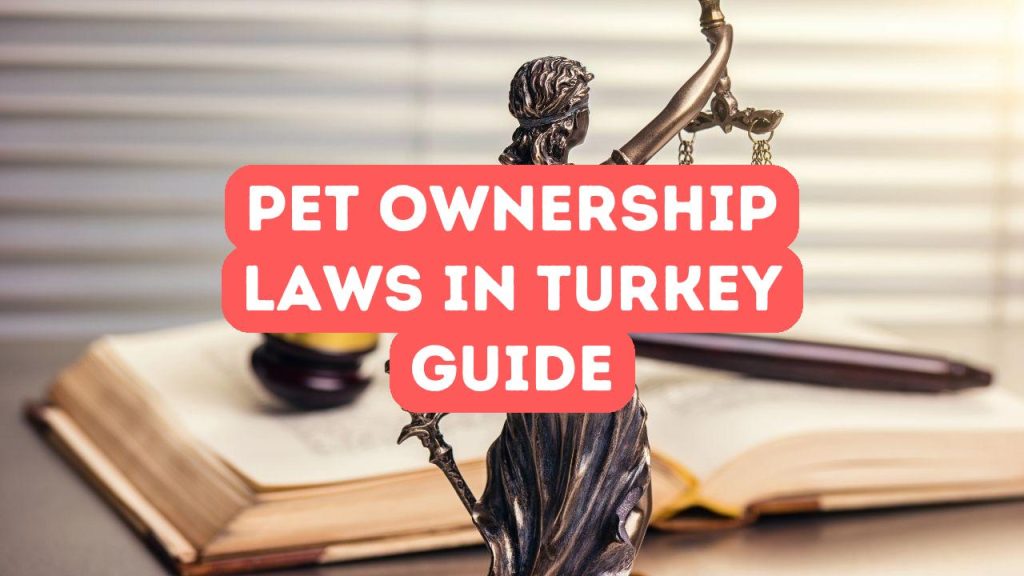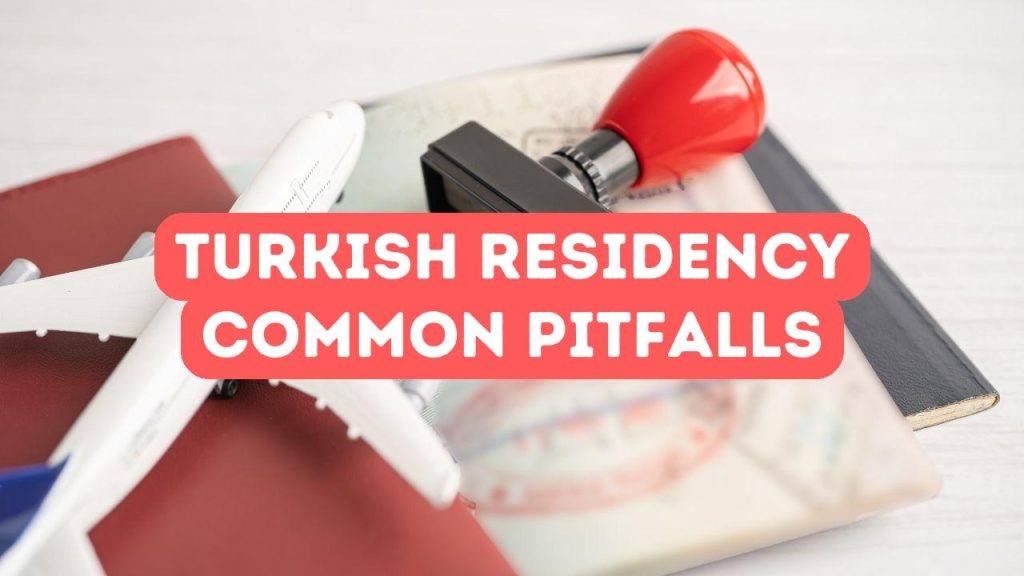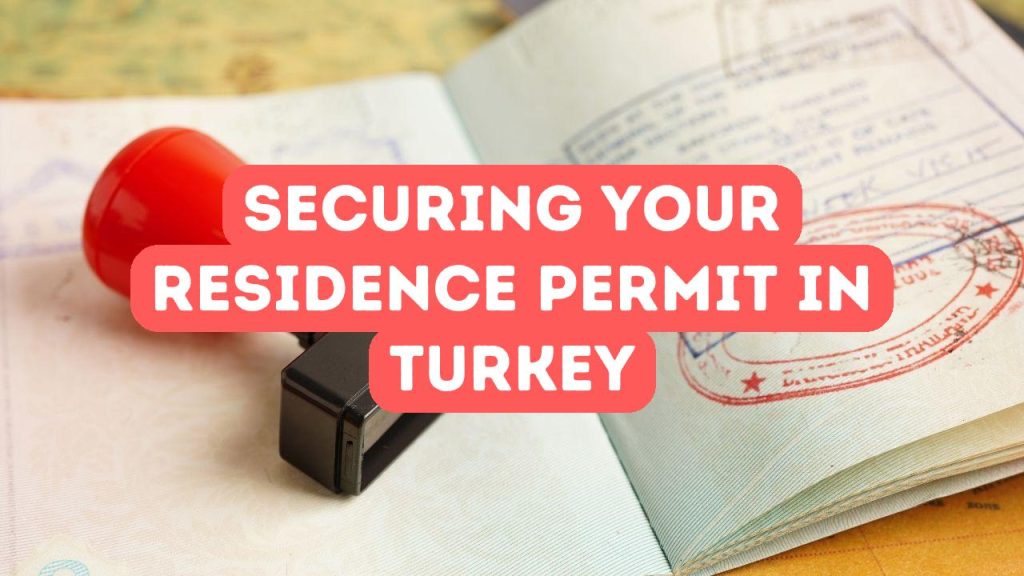Understanding the Turkish Legal Framework for Pets
In Turkey, the legal framework that governs pet ownership is principally outlined in the Animal Protection Law No. 5199, which mandates that all pet owners must ensure the wellbeing and humane treatment of their animals. This comprehensive statute not only requires essential actions such as regular vaccinations and microchipping but also emphasizes the owner’s responsibility to prevent their pets from causing harm or nuisance. A crucial aspect of this law is the prohibition of abandonment, cruelty, and the requirement for appropriate shelter and living conditions for pets, reflecting Turkey’s increasing vigilance in animal welfare. Moreover, a sophisticated registration system aids in maintaining public safety and facilitates the return of lost pets to their owners. Pet owners must conscientiously adhere to these regulations to avoid substantial fines and potential legal repercussions, thereby promoting a society respectful of animal rights and public interest.
Building on this legal foundation, Turkey also enforces stringent regulations on the trade and breeding of animals, requiring permits for those engaging in these activities. These rules aim to curb the proliferation of puppy mills and unregulated breeding practices that contribute to overpopulation and unsanitary conditions. The government recognizes the importance of ethical breeding and the detrimental impact that negligence can have on animal health and genetics. Pet shops and breeders are subject to inspections to ensure compliance with animal welfare standards. Additionally, the import and export of certain breeds are tightly controlled, with specific attention paid to the potential introduction of invasive species that could disrupt local ecosystems or pose risks to indigenous wildlife and public health. These measures reflect Turkey’s dedication to preserving both its domestic animal population and its unique environmental heritage.
Within the ambit of Turkey’s legal framework for pets lies an important emphasis on community involvement and support mechanisms. Neighborhood watch groups often collaborate with local authorities to monitor compliance with pet laws, and municipalities have the authority to establish shelters, support adoptions, and promote spaying and neutering to manage stray populations. Educational campaigns spearheaded by governmental and non-governmental organizations work to instill a culture of responsible pet ownership, highlighting the importance of vaccination, identification, and proper care. The fusion of strict legal codes with proactive community engagement and educational outreach forms a holistic approach to pet management, ensuring that each animal is not only protected by law but also cherished as a part of the societal collective. With an informed and engaged public, Turkey strides towards a future where the welfare of pets and the overall integrity of the environment are upheld in harmonious coexistence.
Accessing Pet Support Services in Turkey
In Turkey, accessing pet support services is facilitated by a network of private clinics, NGOs, and government initiatives designed to assist pet owners in maintaining their animal’s health and wellbeing. From urban centers like Istanbul and Ankara to the more rural Anatolian regions, veterinary services are abundant, offering routine care, emergency interventions, and specialized treatments. Organizations such as the Turkish Animal Rights Federation work in conjunction with local veterinarians to provide education on responsible pet ownership, while various rescue groups offer assistance with adoption, fostering, and rehabilitation of stray animals. Moreover, the government’s proactive stance on vaccination, particularly against rabies, is manifest in the periodic free vaccine campaigns. This multi-tiered support structure not only eases the responsibilities of pet ownership but underscores Turkey’s dedication to fostering a pet-friendly environment.
Beyond the physical health of pets, psychological well-being is also a priority, and Turkey plays host to a burgeoning pet-friendly scene that encourages socialization and activity. Pet owners can take advantage of dog parks peppered throughout cities, as well as a number of cafes and restaurants that welcome furry friends, creating community spaces for humans and animals alike. To further this camaraderie, social media platforms and local community boards often advertise events like ‘dog walks’ and ‘pet meetups’, which not only provide an outlet for pets to interact but also offer a space for owners to share experiences and advice. With the growing emphasis on the human-animal bond, these collective efforts encapsulate the nation’s goal to integrate pets into the societal rhythm, thereby promoting a harmonious coexistence that benefits both the animals and the communities they live in.
Finally, to address the unfortunate issue of stray and abandoned animals, Turkey has established various animal shelters and support organizations to mediate the situation. Municipalities are tasked with providing shelter, food, and healthcare to strays, often collaborating with non-profits to facilitate adoptions. For pet owners faced with the hardship of surrendering their animals, these institutions offer a compassionate alternative to abandonment. Educational programs further amplify the importance of spaying and neutering to manage the stray population. To incentivize responsible pet ownership, the government and private sectors may provide subsidies or discounts on these procedures. Efforts like these exemplify the synergistic approach Turkey takes towards promoting animal welfare, underlining the interconnected roles of public policy, community involvement, and the overall spirit of empathy and responsibility that Turkish society aspires to uphold in its dealings with all living creatures.
Compliance and Advocacy for Pet Owners in Turkey
In Turkey, compliance with pet ownership laws starts with mandatory registration and vaccination, especially for dogs and cats. This not only serves as a basic measure for public health and safety but also fosters a culture of accountability among pet owners. Moreover, Turkey has active advocacy groups that focus on enforcing these laws and promoting responsible pet ownership, often collaborating with municipalities to organize free vaccination drives and spaying/neutering campaigns. These groups also play a pivotal role in educating the community, highlighting the importance of microchipping pets for identification and recovery of lost animals, thereby weaving a support network that upholds pet wellbeing within the legal framework. As a bridge between the government’s efforts and societal compliance, advocacy organizations have become instrumental in navigating the rules that contribute to Turkey’s growing reputation as a pet-friendly nation.
Moving beyond the basic tenets of pet registration and vaccination, Turkish law outlines strict penalties for neglect and abuse, sending a clear message about the nation’s stance on animal welfare. Legal provisions require that pets are provided with adequate shelter, nutrition, and medical care, effectively setting the standard for pet treatment and empowering authorities to take action when these standards are not met. Such regulations are buttressed by awareness programs and legal aid services provided by NGOs and animal rights organizations, which also offer support to pet owners in understanding their responsibilities and the nuances of the law. These entities also work to influence policymakers, advocating for more rigorous laws and harsher penalties for offenders, thereby contributing to an evolving legislative landscape that reflects the collective effort towards enhanced protections for animals.
Finally, the collaborative engagement between pet owners, advocacy groups, and the Turkish government culminates in a powerful synergy geared towards comprehensive care and respect for animal rights. Community spay/neuter initiatives, subsidized veterinary services, and educational campaigns all demonstrate the various ways that compliance is encouraged and facilitated. While navigating pet ownership laws in Turkey requires vigilance and commitment, there is a burgeoning support system in place. This evolving dynamic ensures that as Turkey progresses, its pet policies reflect both the affection of its people for their animals and a steadfast dedication to elevating animal welfare standards, laying the groundwork for a society in which pets are treated with the compassion and respect they deserve.






